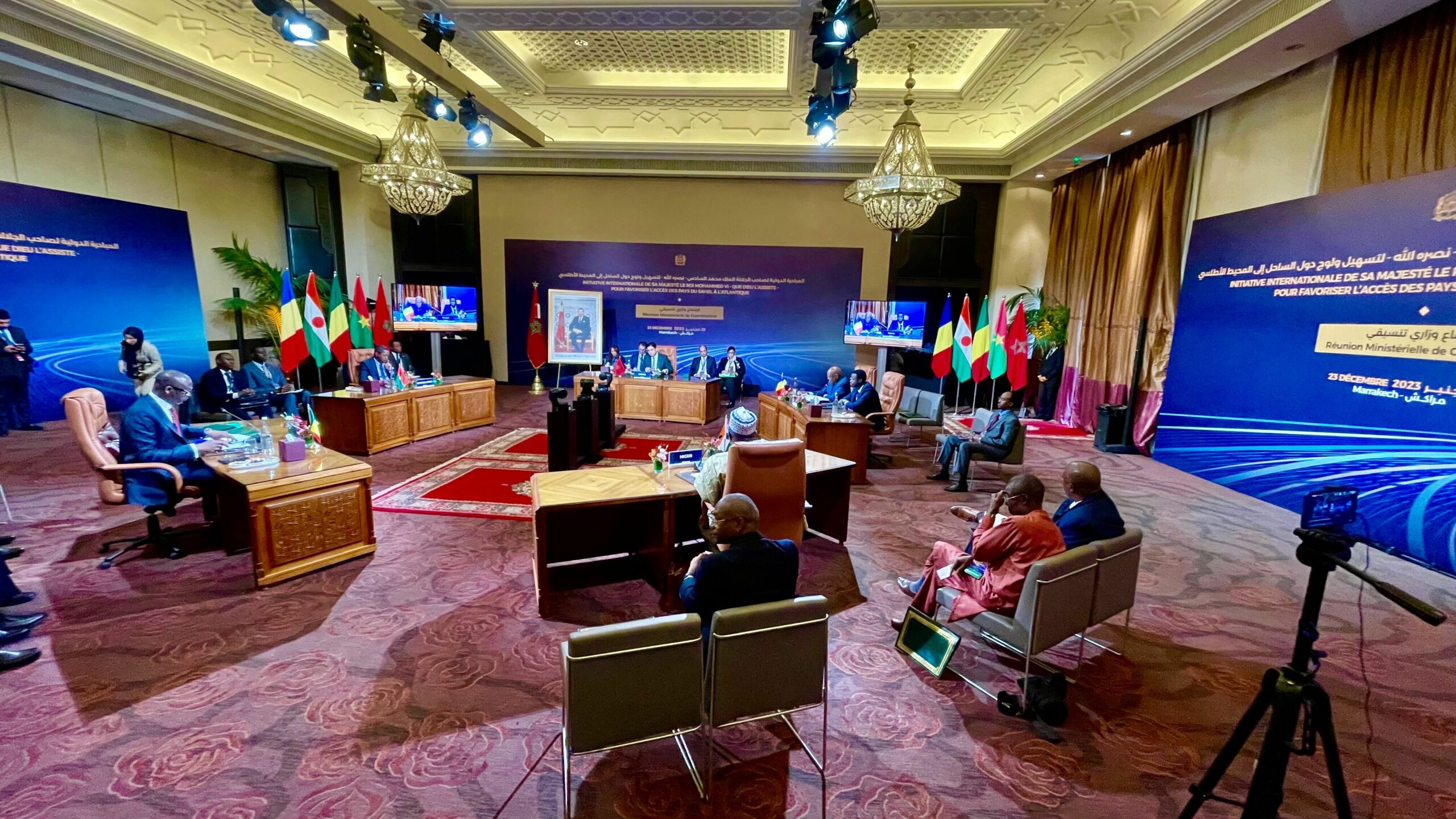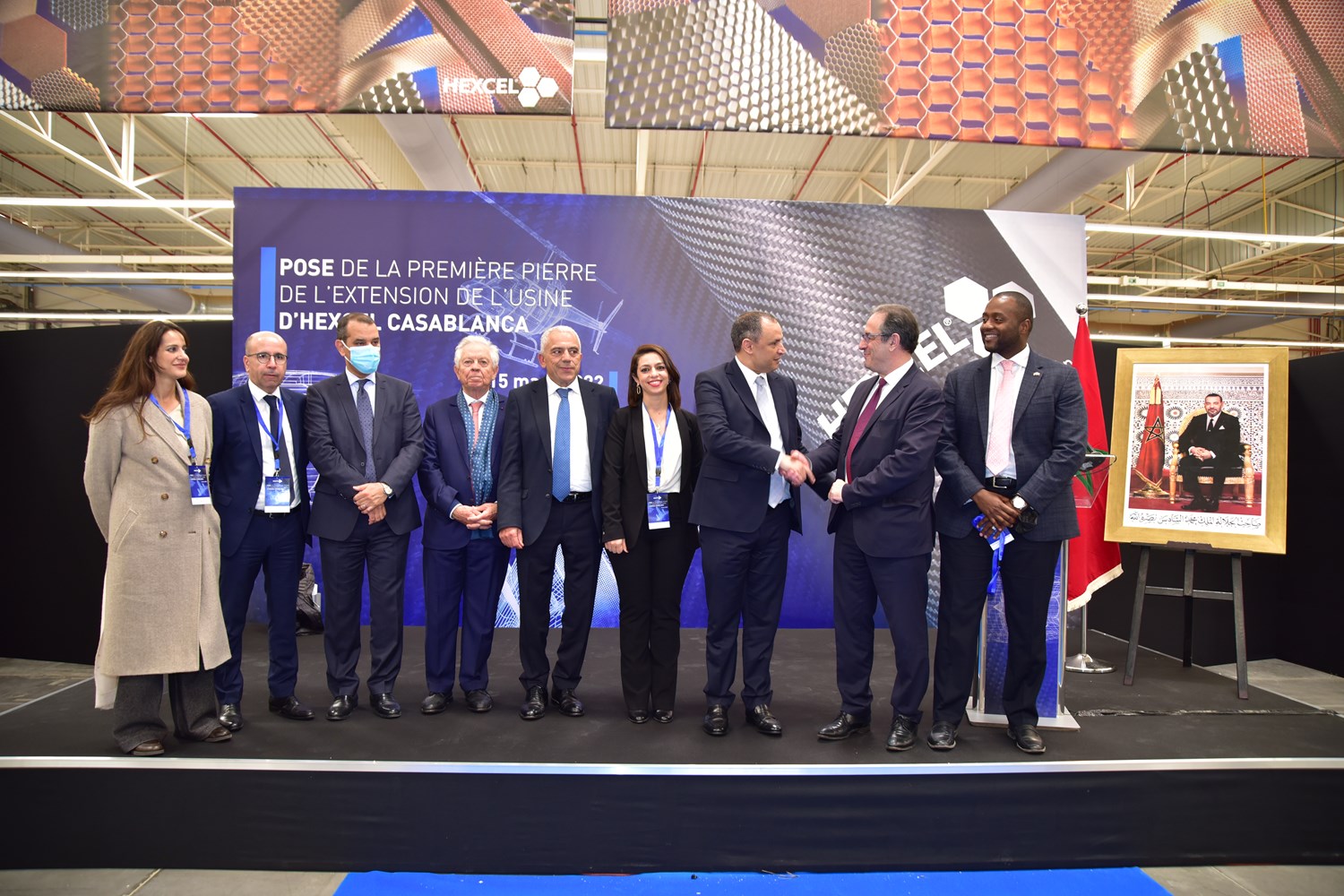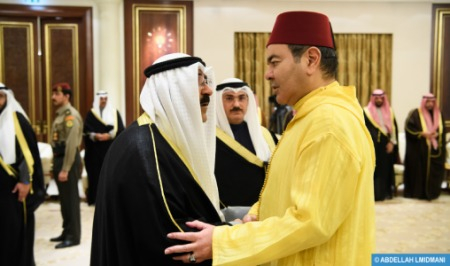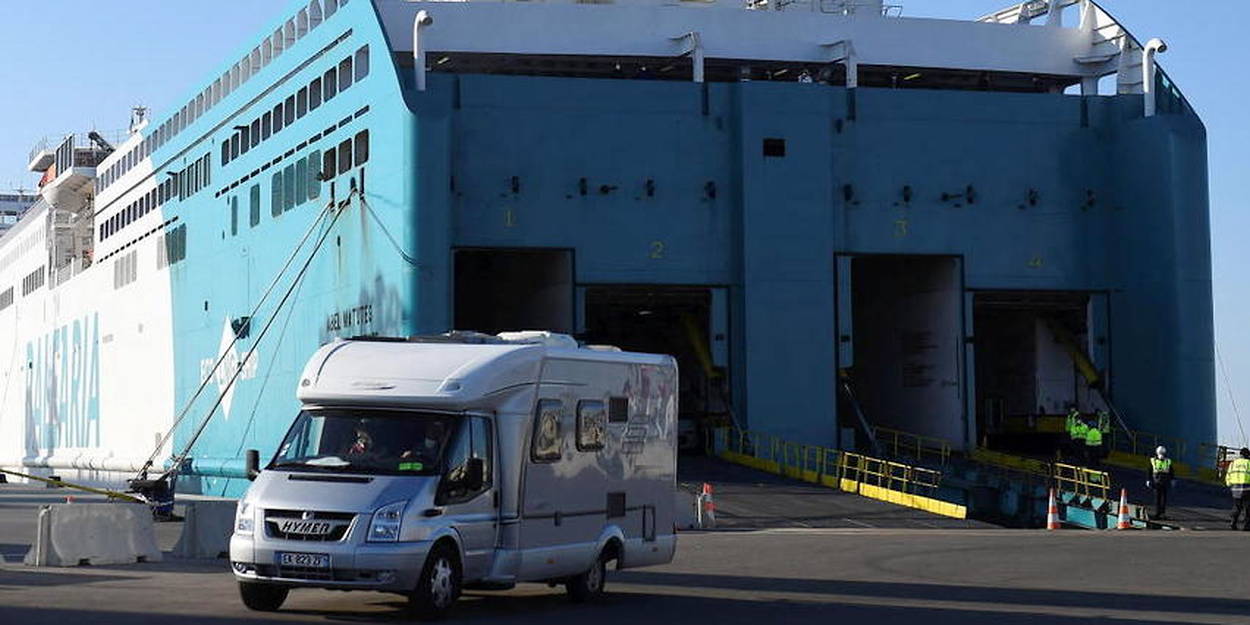The ministerial coordination on the international initiative of King Mohammed VI to promote access of the Sahel countries to the Atlantic Ocean started this Saturday in Marrakech, with the participation of Mali, Niger, Burkina Faso, and Chad.
The royal initiative was unveiled in the speech delivered on the 48th anniversary of the Green March, wherein King Mohammed VI specified that to resolve the difficulties and problems facing the sisterly States of the Sahel, the solution cannot be exclusively security or military, but it must be rather based on an approach of cooperation and shared development.
In this vein, the Sovereign had proposed the “launch of an international initiative” to facilitate Atlantic Ocean access for Sahel nations.
This coordination meeting is attended by the Foreign Ministers of Mali Abdoulaye Diop, Niger Bakary Yaou Sangaré, Burkina Faso Karamoko Jean Marie Traoré, as well as Director General of Africa and African Integration at the Chadian Ministry of Foreign Affairs, Abakar Kourma.
The coordination meeting, organized by Morocco’s Foreign Minister Nasser Bourita, focuses on the royal initiative of regional and international scope which aims to promote the access of Sahel countries to the Atlantic Ocean.
The royal initiative is part of the continued efforts made by Morocco, under the leadership of King Mohammed VI, for a prosperous Africa.
It presents unprecedented opportunities to tailor solutions likely to foster regional integration, economic transformation in these partner countries, and to improve quality of life for the Sahel-Saharan population. This approach, rooted in innovation and integration, aims to promote stability and security in the region.
The Royal Initiative aims to enable landlocked Sahel countries to utilize the Kingdom’s road and port infrastructure. In his speech, the King had explicitly stated that “Morocco is willing to put its road, port and rail infrastructure at the disposal of these sisterly countries, to support this initiative.
The Sovereign’s initiative is but the continuity of Morocco’s active and supportive commitment to African countries, which encompasses many fields.
In this connection, it is worth recalling that the King’s visits to certain Sahel countries have been crowned with success, given the impressive number of cooperation agreements and protocols signed during these trips, as well as various actions undertaken by the Sovereign on behalf of the underprivileged populations of the countries visited.
As a concrete expression of the values of solidarity perpetuated by the King, between Morocco and African countries, the Sovereign set up the Mohammed VI Foundation for Sustainable Development, which carries out humanitarian missions on the African continent.
Several initiatives have been launched in Mali. These include Royal projects to build the Mohammed VI Prenatal Clinic in Bamako, which was inaugurated and handed over to the Malian authorities on July 7, 2022, as well as a Vocational Training Center in the fields of construction, tourism, and catering.
Another example of the Kingdom’s active solidarity with African countries is translated in the King’s decision in 2000 to cancel the debt of the least-developed African countries, and exempt their products from customs duties when they enter the Moroccan market.
In the same vein, trade relations between Morocco and the countries of the Sahel are characterized by substantial direct investment by Morocco in Mali, Niger, Burkina Faso and Chad, notably through national companies and banks present in the economic landscape of several countries.
King Mohammed VI, Commander of the Faithful, has also taken several initiatives to support the countries of the Sahel in the field of religious cooperation. These countries were the first to benefit from training courses designed to meet their religious needs. The agreements signed within this framework have enabled 500 imams from Mali, 200 from Niger and 199 from Chad to be trained at the Mohammed VI Institute for the Training of Imams, Morshidin and Morshidat (male and female religious counselors).
In the fight against climate change, the Kingdom, under the leadership of the King, has attached great importance to environmental issues in Africa in general, and in the Sahel in particular.
The African Action Summit, held on the sidelines of the Conference of the Parties to the United Nations Framework Convention on Climate Change (COP-22), organized in Marrakech in 2016, is a perfect illustration of Morocco’s commitment to preserving the environment and combating climate change. Among the priorities set by the Summit was the establishment of a Climate Commission for the Sahel region.
Executive training at Moroccan universities and technical and professional institutes is also high on Morocco’s cooperation with Sahel countries.
As an instance, the total number of students from the Sahel countries pursuing their studies on scholarship at Moroccan public higher education establishments in the 2022-2023 period amounts to 741 from Mali, 478 from Niger, 493 from Burkina Faso, and 374 from Chad.



